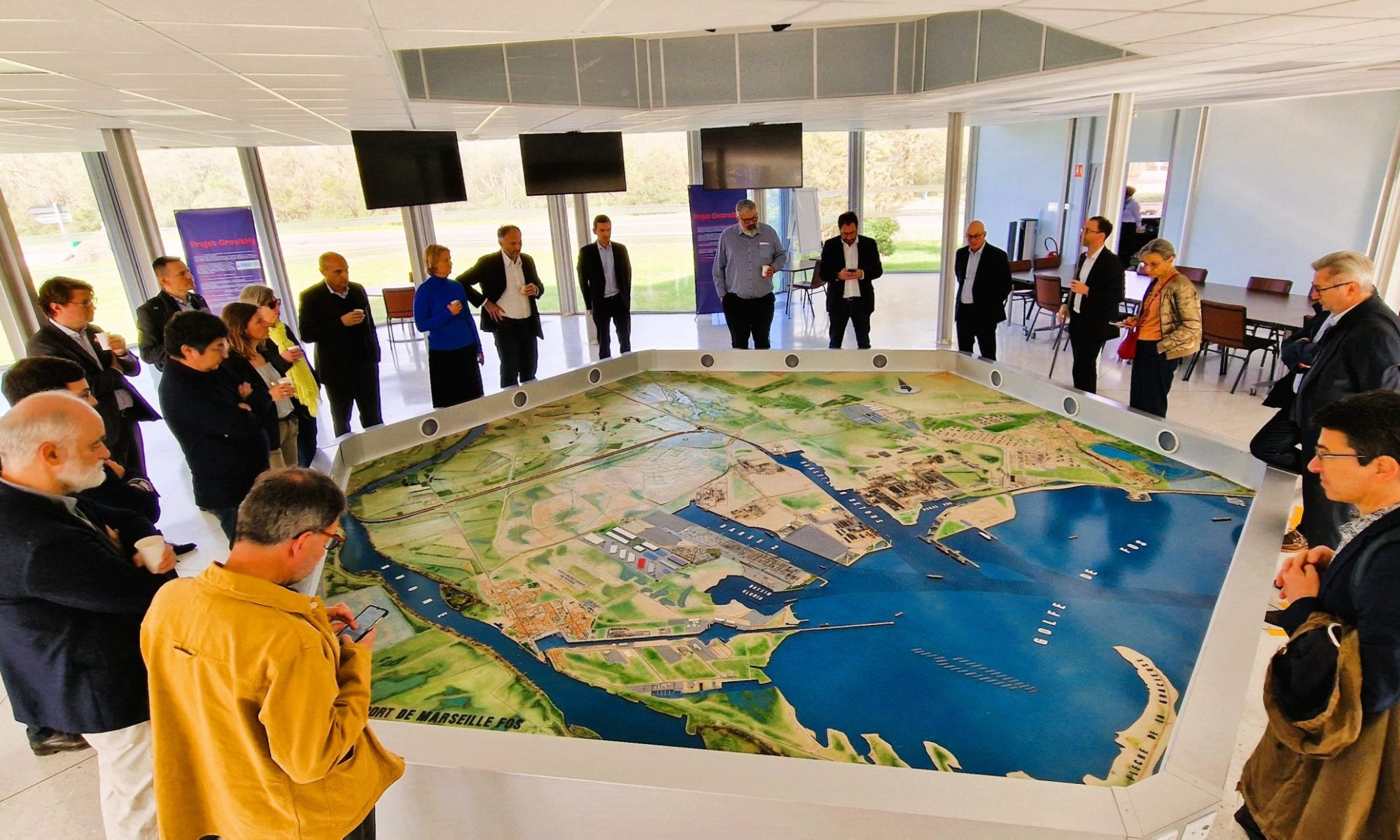Large metropolitan areas and regions facing territorial transformations
Territorial organization reforms in France herald profound changes with effects that are still difficult to evaluate. This uncertainty shouldn’t prevent us from thinking about the effectiveness of truly citizen-centric public services. Territorial marketing generates interesting links between identity, cooperation and networks.

It was a great pleasure to host this sixth meeting of the BEST network in Brest. There are few places where we can debate as colleagues on shared issues with a European perspective.
European integration and decentralization are two dimensions of the same quest for new institutional territories. As the NOTRe law in France (merger of Regions, with new responsibilities) began to take shape, and a few days before the MAPTAM law (creation of Metropoles) came into effect, it was of great interest to examine the relations between major cities and regions in Europe.
We discussed the correlation between institutional spaces and population spaces, the role of public authorities and regional cooperation in the economy, from traditional vertical structures (intercommunal groupings, counties, regions) to innovative horizontal ones (Metropole, metropolitan area, city networks and agreements).
I was particularly interested in the question of regional identity with its two key facets of territorial marketing and citizenship. Bringing public decision-making closer to citizens is all the more meaningful in an era when entrenched elitism is challenged by populist forces.
Thank you to everyone who contributed to this great meeting. In BREST, you’ll also find BEST!
Bertrand Uguen
Chief Executive of Brest Métropole Océane and the City of Brest
PROGRAM
Building the relationship between regions and large metropolitan areas
Building a shared strategy for competitiveness while maintaining a balance across the region.
Reconciling economic development, regional planning and solidarity between metropolitan areas.
The Scania Region’s perspective
Relationships, competition and partnerships with the large cities in the vicinity of this region located at the southern tip of Sweden, including Copenhagen, Gothenburg and Oslo.
> Gunne Arnesson Löfgren, Scania Region Director of Strategy for inter-regional cooperation in southern Sweden.
Strasbourg’s relationship with its hinterland
Interdependence, partnership and contractual practices, making the metropolitan area the leader in its region.
> Vincent Bonnafoux, Deputy Chief Executive in charge of the Regional Planning and Sustainable Development Unit at the Strasbourg Urban Community and the City of Strasbourg
City networks and the relationship with neighboring territories
> Bertrand Uguen, Chief Executive of Brest Métropole Océane and the City of Brest
The place of citizens in the relationship between the region and the major urban area
Introduction
Can regional identities shape a shared world? The responsibility of large metropolitan areas and regions in citizens’ understanding of public policies.
> Bertrand Uguen, Chief Executive of Brest Métropole Océane and the City of Brest.
Territorial organization in Spain
A special focus on relationships between autonomous communities and metropolitan areas.
> Jaume Magre Ferran, Professor of Political Economy at the University of Barcelona and Director of the Pi i Sunyer foundation, the center for the study of autonomous communities and local administration.
Putting French challenges in perspective
> Vincent Aubelle, Associate Professor in the Urban Engineering department at Marne-la-Vallée University.
Territorial marketing.
Territorial branding, urban policy and heritage: what impacts on the sense of belonging?
> Michel Vayssie, Chief Executive of the City of Lille.
Regional identity in citizens’ social integration
> Jean De Legge, former Director of communication for the City of Rennes and Rennes Metropole
Does the regionalization of services bring public action closer to citizens?
> Christian Fina, Chief Executive of Montpellier Agglomération
The impact of potential changes to County Councils on metropolitan areas and regions
Responsibilities and governance of Länders, their city-districts and other local authorities
The example of Rhineland-Palatinate.
> Dr. Gunnar Schwarting, Managing Director of the Association of Cities of Rhineland-Palatinate and specialist in the administration and public funding of Länders and local authorities
New regional responsibilities and the impact on intercommunal bodies
> Jérôme Bastin, Chief Executive of the Brittany Region
> Philippe Lacaïle, Chief Executive of Tour(s)Plus
> Henri Noël Ruiz, Director of the Rennes Town Planning and Intercommunal Development Agency (AUDIAR)
Impact on metropolitan areas of absorbing county responsibilities
The example of the Lyon metropolitan area.
> Benoît Quignon, Chief Executive of Greater Lyon and the City of Lyon

